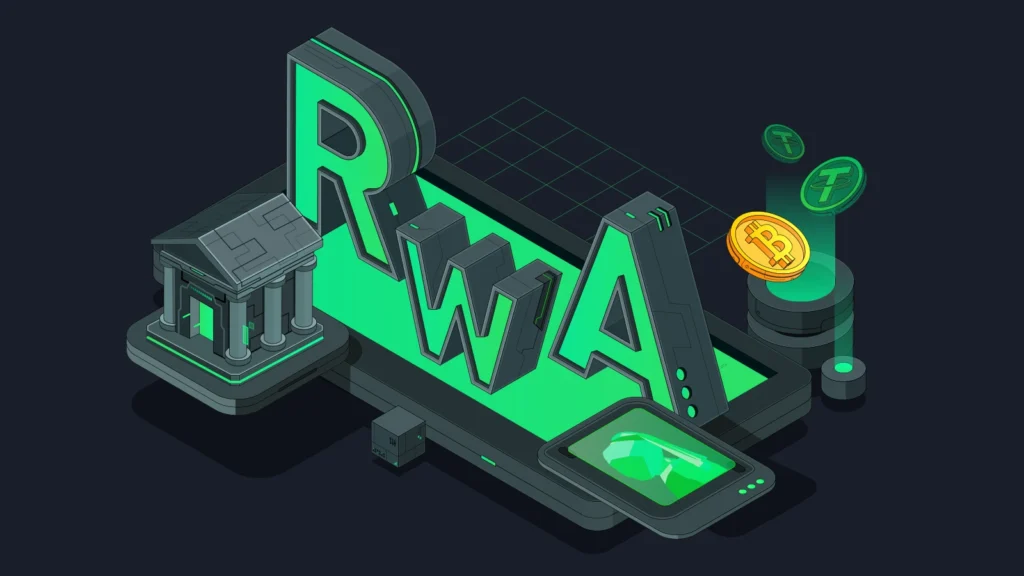Let’s face it—Corporate RWA (Real-World Assets) may not sound sexy, but behind the scenes, it’s disrupting business finance in a big way. Instead of relying on slow bank loans or rigid financial systems, companies are starting to tokenize assets like buildings, machinery, and invoices to unlock capital on-chain.
Here’s how Corporate RWA stacks up against traditional methods—and why more companies are jumping on board.


1. Corporate RWA : Traditional Loans vs. Tokenized Assets
Old Way: Go to a bank, fill out paperwork, wait weeks.
RWA Way: Tokenize an asset (like real estate or invoices), list it on a blockchain protocol, and raise funds within hours.
Faster access to liquidity
No middlemen slowing things down

2. Corporate RWA : Limited Reach vs. Global Investor Pools
Old Way: You’re limited to your local bank or a few accredited investors.
RWA Way: Anyone across the world with access to DeFi platforms or tokenized markets can invest.
Global capital access
Increased investor diversity

3. Static Assets vs. Active Capital
Old Way: Physical assets just sit there—valuable, but illiquid.
RWA Way: Assets become collateral or investment tools through tokenization.
Buildings become fundraisers
Inventory turns into cash flow


4. Manual Processes vs. Smart Contracts
Old Way: Legal teams draft repayment terms; delays and disputes are common.
RWA Way: Smart contracts automate terms, interest, and repayment schedules.
Programmable agreements
Real-time transparency for investors

5. Factoring Invoices vs. Tokenizing Receivables
Old Way: Companies sell invoices at a discount to get upfront cash.
RWA Way: Tokenize invoices and offer them as yield-generating assets on-chain.
Lower cost of capital
Blockchain-based validation
6. Siloed Industries vs. Cross-Sector Innovation
Early Adopters of RWA Include:
- Real estate developers: Tokenize properties for fractional ownership
- Manufacturers: Use equipment/inventory as collateral
- Fintechs: Tokenize loan portfolios for broader reach
RWA isn’t just for one sector—it’s cross-industry by design.
7. Legacy Risk vs. Evolving Tech + Legal Gray Zones
The Catch:
- Tokenized assets can still lose value
- Legal ownership isn’t always clear
- Tech bugs and hacks remain a risk
- Regulations vary dramatically by region
RWA isn’t foolproof—yet.
Companies need strong legal + tech teams to play smart

So… Is Corporate RWA the Future of Business Financing?
If you’re looking for agility, global access, and more creative capital strategies—yes, RWA might be your future. It’s not a perfect system, but it’s a promising alternative that’s already gaining traction.
Forward-thinking companies aren’t just waiting for banks to say yes—they’re building funding rails that are faster, leaner, and on-chain.
Relevant Link : Here



